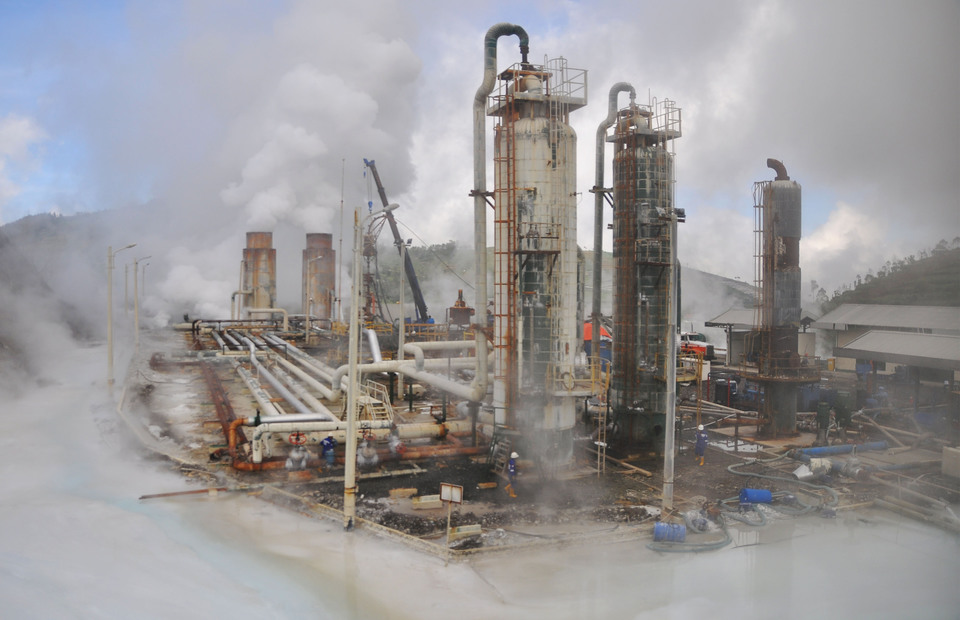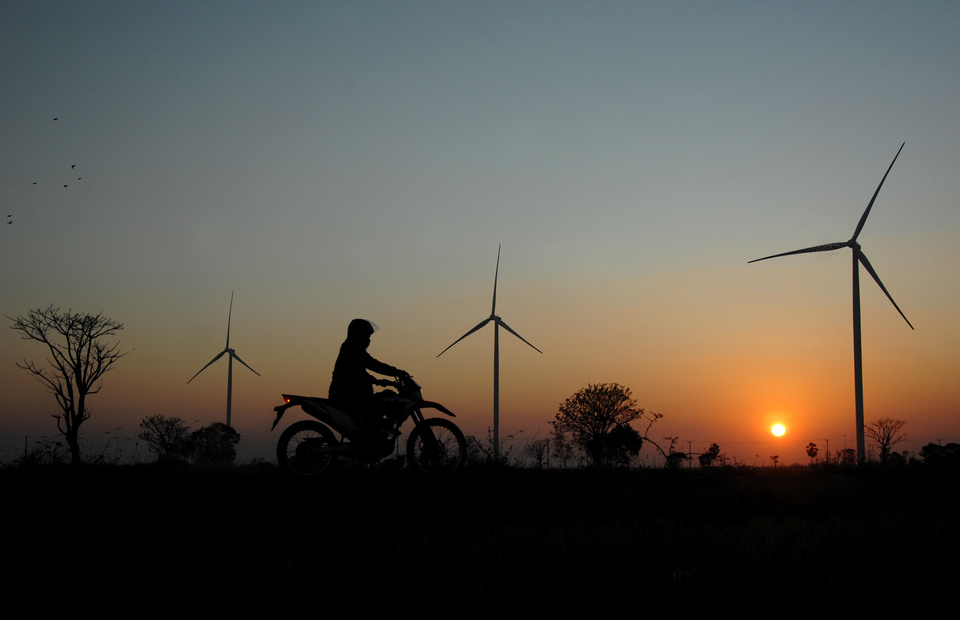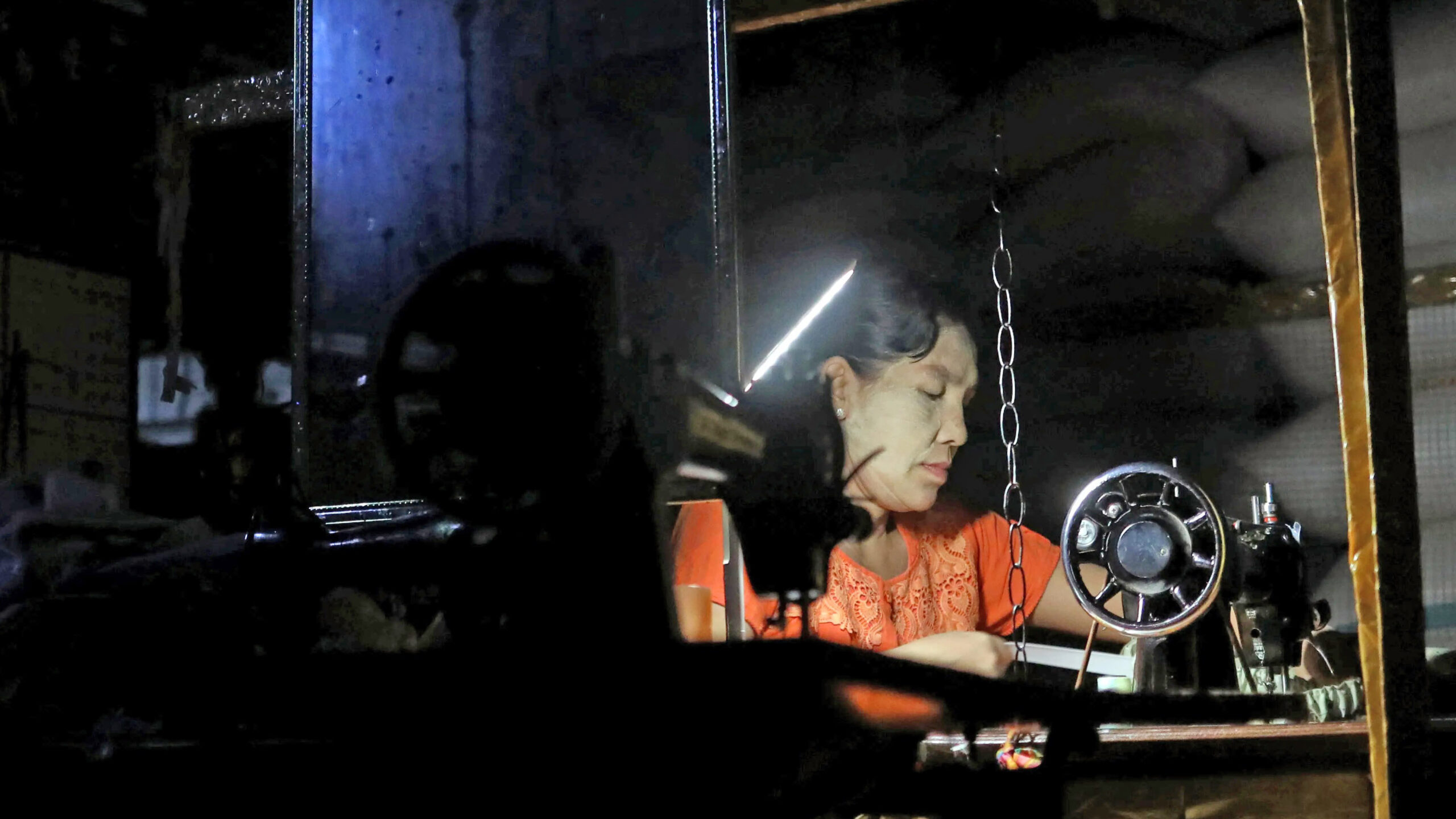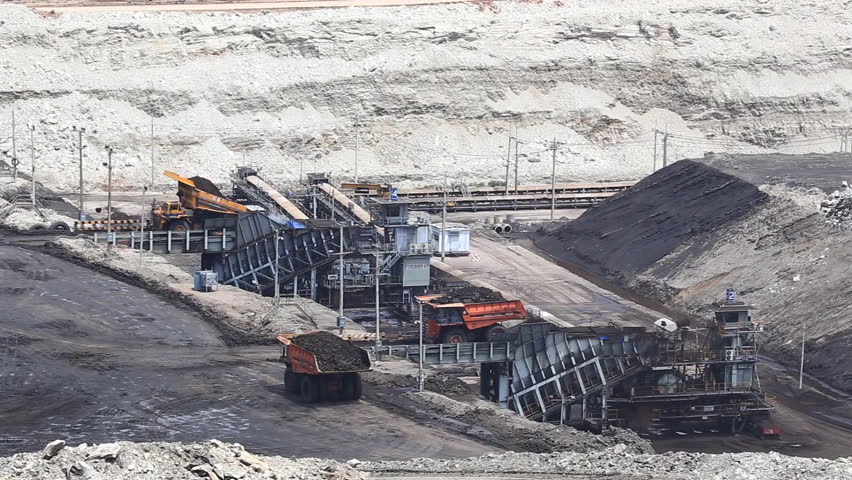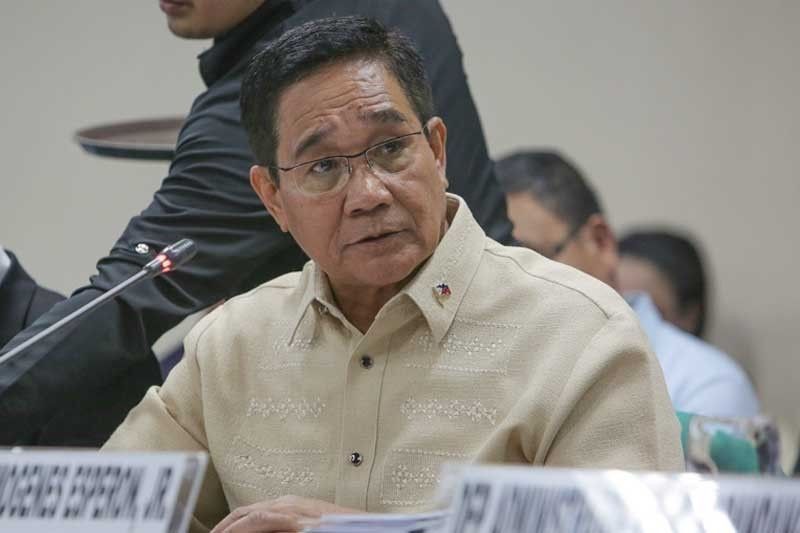- Renewables
–
- Indonesia
A decision by Perusahaan Listrik Negara, or PLN, the state utility company, to ink a new investment deal for a coal-fired power plant in Suralaya, Cilegon, this year has raised some eyebrows. The power plant, which will be operating under a PLN subsidiary, would increase the total installed capacity of Suralaya Power Plant by up to 6,025 megawatts.
While this will be a significant contribution to President Joko “Jokowi” Widodo’s 35,000-megawatt target (around 20 percent of the power supply in Java and Bali), the decision has put another question mark over his administration’s already sluggish commitment to renewable energy.
The current government’s ambition for renewable energy is lacklustre to say the least. By 2050, still more than half of our energy mix will come from fossil fuels. This is especially ironic for Indonesia, a country with enormous potential for renewable energy but still almost totally ruled by a dependence on fossil fuels.
Turning a blind eye to the International Energy Agency’s (IEA) finding that carbondioxide emitted by coal combustion contributes more than 0.3 degrees of the 1-degree Celcius increase in average global temperature, we plough on boosting our coal consumption and export.
Domestically, we consumed no less than 115 million tons of coal in 2018, keeping to the trend of a 10-percent increase per year since 2014. In the same year, we also exported more than 300 million tons of coal. Meanwhile, our dependence on oil and gas continues unabated.
Reliable Resource
Considering our enormous reserves of natural resources, we should not be grasping at straws to escape the dire cycle of fossil fuels.
One resource that should be our champion of renewable energy is geothermal.
A rough calculation of our geothermal potential offers an intriguing prospect: 75 percent of Jokowi’s 35,000-megawatt target can be fulfilled by geothermal energy alone.
Although more explorations are still needed to prove the number, optimizing geothermal energy may be our best bet to finally get rid of fossil fuels.
Geothermal energy is mined by extracting underground hot steam from magma activity below the earth’s surface. Indonesia, located in the world’s center of volcanic cracks, is endowed with an abundance of high enthalpy (high potential) hot steam. It is said that 40 percent of the world’s geothermal reserves are stored in our archipelago.
This seems to be a good enough reason to start optimizing geothermal energy, but there are still more benefits.
First, reliability. Unlike many renewable resources, geothermal is energy you can depend on. While power generation from solar or wind energy might be weather-sensitive, geothermal power generation works relatively uninterrupted. This also makes power generation from geothermal resources more calculable.
Geothermal energy also has multiple uses. Though mainly used for power generation, hot steam can also be used as a greenhouse heater in the agriculture industry or in hot springs for the tourism sector.
Geothermal energy is also a clean energy resource. A geothermal power plant emits 97 percent less carbon than a coal-fired power plant of the same capacity.
Where’s the Commitment?
Early this year, Jokowi opened another coal-fired power plant in Cilacap, Central Java. New fossil-fuel power plants keep springing up on the island of Java, even though the country’s power grid is more scarce outside it.
However, there might be hope still. When Jokowi introduced his new energy minister – Arifin Tasrif – last week, he expressed a renewed interest in renewable energy as well as an intention to reduce oil and gas import.
It might not mean much in the end, but the reality is that any attempt to escape the fossil fuel cycle requires commitment from the highest level of government.
This commitment should be translated into strict regulations, incentives for renewables development and strong law enforcement.
Renewable energy may cost an arm and a leg to set up, but it does not have to hinder Jokowi’s investment ambitions, it may actually benefit them.
Industries are one of the biggest consumers of energy, and hence cheap and reliable electricity is often seen as one of the main magnets for investment.
Sure, businesses can now still rely on fossil fuels, but sooner or later they will need sustainable energy resources to maintain the continuity of their investment.
RE100 is one proof that businesses are starting to jump on the renewable energy bandwagon. It is an initiative by multinational companies (IKEA, Nike and Apple are part of the movement) to use only renewable energy resources for their worldwide assets.
If Jokowi wants to increase investment, this is his chance to distinguish Indonesia from other emerging markets: by leveraging Indonesia’s geothermal potential and dangling the carrot of cheap and reliable energy to investors.
Special Incentives
The first thing to do for the government is to provide special incentives to build new geothermal power plants.
Geothermal exploration is high-risk and expensive. High exploration costs can lead to very thin profit margins. The sector becomes even more unattractive when there are no adequate incentives to develop new geothermal power stations.
Subsidies, in the shape of premium pricing for renewable resources and high carbon taxes for fossil-fuel power plants, can be issued through government regulations.
The government can also show support by issuing special licenses to clarify overlapping rules which often turn into huge roadblocks in power station development.
The reality at the moment is geothermal energy remains an underdeveloped sector. Government incentives might turn things around but only if they are backed up by strong commitment from the highest level of the administration.


